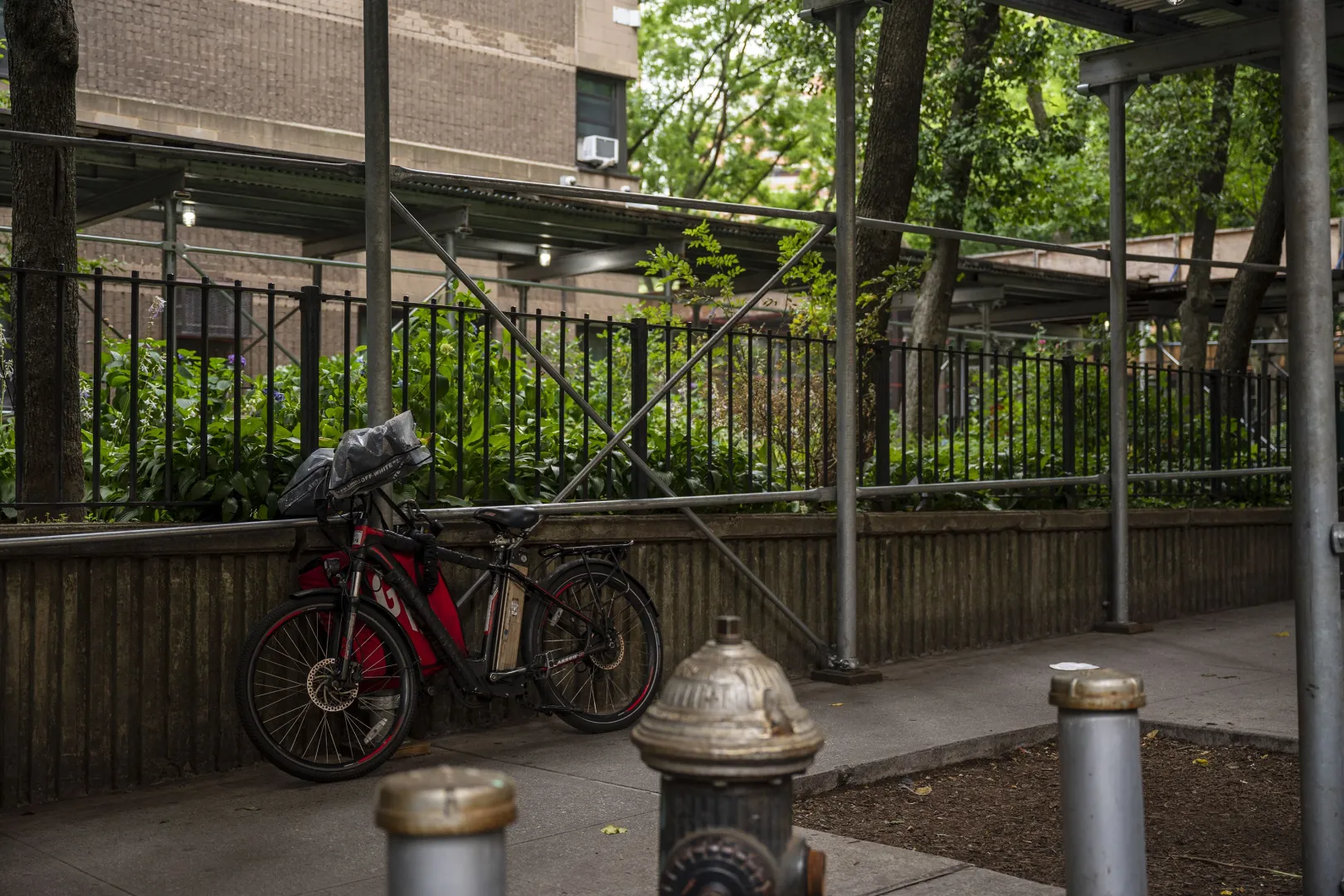To prevent fires, NYCHA could ban e-bikes, leaving delivery workers stranded
E-bikes have become an essential tool workers use to meet brutal delivery schedules. They’ve also sparked deadly fires in public housing.

 This article was originally published on by THE CITY.
This article was originally published on by THE CITY.
In the early hours of Dec. 16, a fire erupted inside a fourth-floor apartment in NYCHA’s Jacob Riis Houses in the East Village, killing one tenant, seriously injuring another and forcing two teenagers to shimmy down an electrical pole to escape.
More than 180 firefighters responded, and when the smoke cleared, the Fire Department discovered seven e-bikes inside the unit where the blaze ignited. Fire marshals determined that one of the bike’s lithium-ion batteries had exploded, sparking the deadly conflagration.

Brooklyn Boro
View MoreNew York City’s most populous borough, Brooklyn, is home to nearly 2.6 million residents. If Brooklyn were an independent city it would be the fourth largest city in the United States. While Brooklyn has become the epitome of ‘cool and hip’ in recent years, for those that were born here, raised families here and improved communities over the years, Brooklyn has never been ‘uncool’.